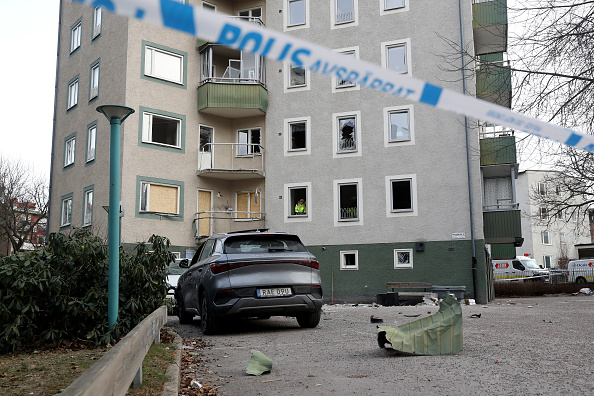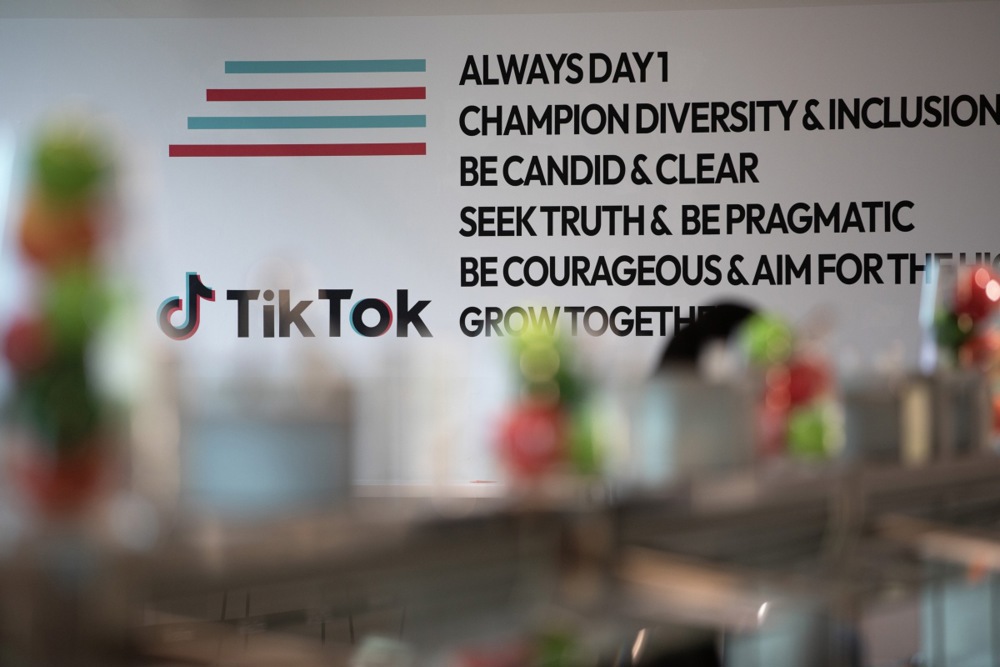In a rare display of unity, all 10 of the European Union’s bloc-wide political parties endorsed a European Commission-backed code of conduct for the 2024 European Parliament elections in June.
Jointly drafted by the EC and the International Institute for Democracy and Electoral Assistance (International IDEA), the voluntary code aims to serve as a “comprehensive checklist” to help political parties, citizens and media organisations to “monitor ethical behaviour” throughout the election campaign.
‼️Breaking! ?? political parties sign a pledge for @Europarl_EN #Elections2024
✅transparent & fair elections
❌manipulative techniques, such as #AI #deepfakes
Regardless of our political views, it is in our common interest to have the same rules.
? https://t.co/teOvbGb6LO pic.twitter.com/OSLsMRJYic— Věra Jourová (@VeraJourova) April 9, 2024
It also aims to protect the Parliament election process from foreign interference and perceived internal dangers posed by digital misinformation.
According to the agreement, all 10 of Europe’s parties have agreed to maintain “the integrity of the 2024 European Parliament elections”.
“By following this code, the signatories uphold key election values like integrity, transparency, privacy, safety, fairness, and a level playing field,” it read.
The host of the public signing, EC Vice-President for Values and Transparency Věra Jourová said the elections “should set the stage for the competition of ideas, not dirty manipulative methods such as AI deepfakes”.
“This collective commitment of the European political parties sends a powerful message to citizens.”
With European elections only two months away, and increasing worries about cyber threats, the European Commission has published recommended anti-disinformation measures for social media and search engines. https://t.co/hcPujA8pH5
— Brussels Signal (@brusselssignal) March 28, 2024
Signing of the new code comes amid growing concerns regarding preservation of the integrity of EU democracies.
A recent Eurobarometer survey revealed that 71 per cent of Europeans encounter fake news online at least several times a month, with 63 per cent of younger Europeans coming across apparently fake news more than once a week.
Secretary General of Democratic Party Sandro Gozi said: “We are seeing an exponential increase of disinformation, manipulation. We must be ready.”
The code of conduct aligns with a series of EU initiatives aimed at promoting democracy including the 2018 Action Plan against disinformation and the 2022 Code of Practice on Disinformation.
Instagram and Facebook will launch a dedicated European Union-specific Elections Operations Centre for June’s European Parliament elections in a bid to combat “deep fakes” and other disinformation ahead of the vote. https://t.co/pV1AgO8uRN
— Brussels Signal (@brusselssignal) February 29, 2024





